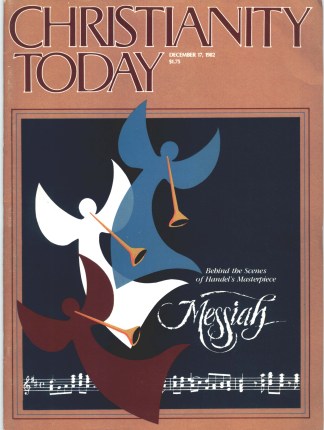“I don’t trust her,” an older Christian observed of a newcomer to the household of God. “She’s a phony.” Strange, I thought to myself. Wouldn’t the Father rather we welcomed a phony than put down a genuine new believer—however odd or difficult that new Christian might appear to be?
I thought of a man who was visiting Scotland Yard’s counterfeit money department. “It must take years and years of studying counterfeits,” he commented, “in order to know the real.”
“Quite the contrary,” came the reply. “It takes years and years of studying the real to make sure you can spot a counterfeit.”
A former director of the Metropolitan Museum of Art in New York City is reputed to have said, “Although it is a mistake to collect a fake, an error every adventurous connoisseur has made, it is an absolute sin to brand as a forgery an authentic work of art” (Thomas Hoving, King of the Confessors; Simon and Schuster, 1981).
For us imperfect Christians, each at a different stage of our pilgrimage, it is even more difficult. Money, objects of art, books, paintings: all are completed, and static. But Christians, hopefully, are growing, even though for some that growth is imperceptible. So the tests set forth by museum curators apply only in part.
Paul has given us the simplest common denominator, found in 1 Corinthians 12:3: “No one can say Jesus is Lord’ except by the Holy Spirit.” Perhaps the Father watches how we welcome those who pass Paul’s test—even though we might distrust them, might not like them because for some reason they fail to pass our own standards. But wouldn’t you rather welcome a fake than brand as forgery an authentic work of grace?










